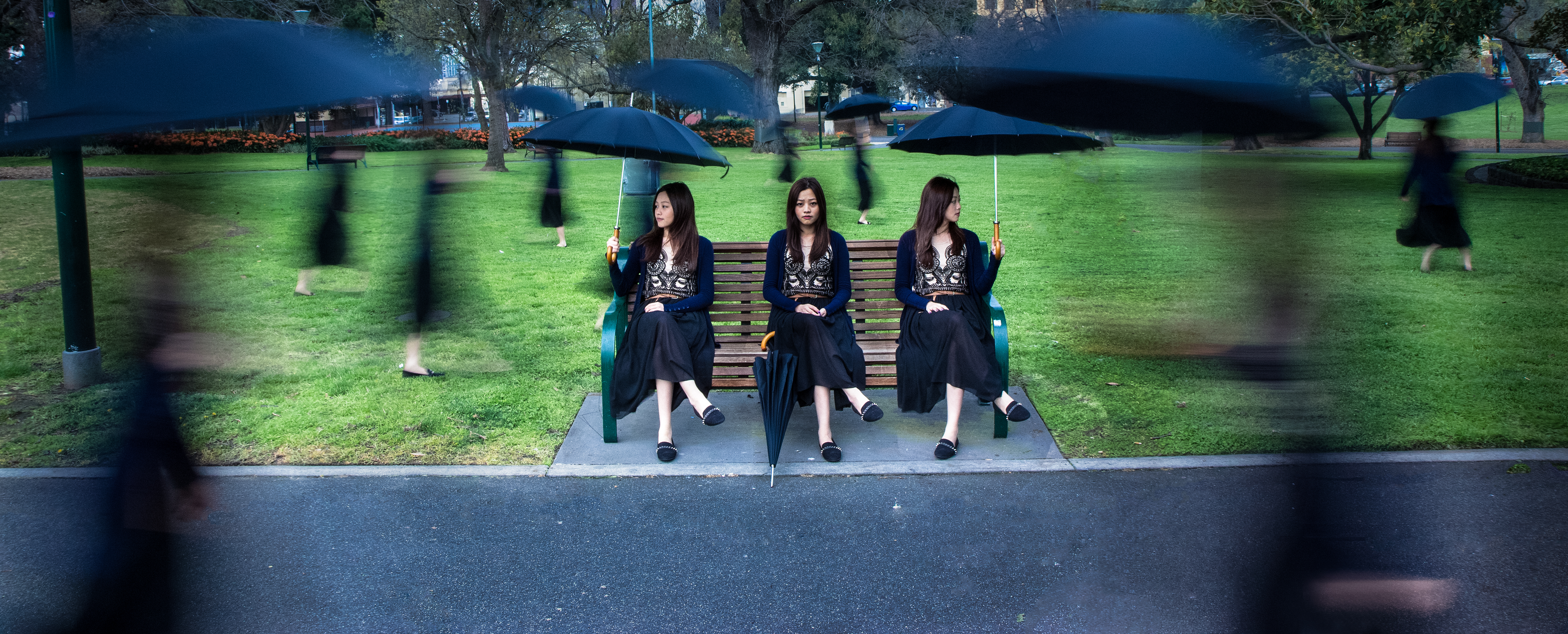We have one week left and we will all be on holidays! its gonna be a hectic week but oh well, the good thing about doing media is you dont have to sit for exams. 🙂
looking forward to go back to my home country and start traveling!
Places to go:
First Stop! New York City
Then Hong Kong! 🙂
Lastly! Japan & more perhaps?



